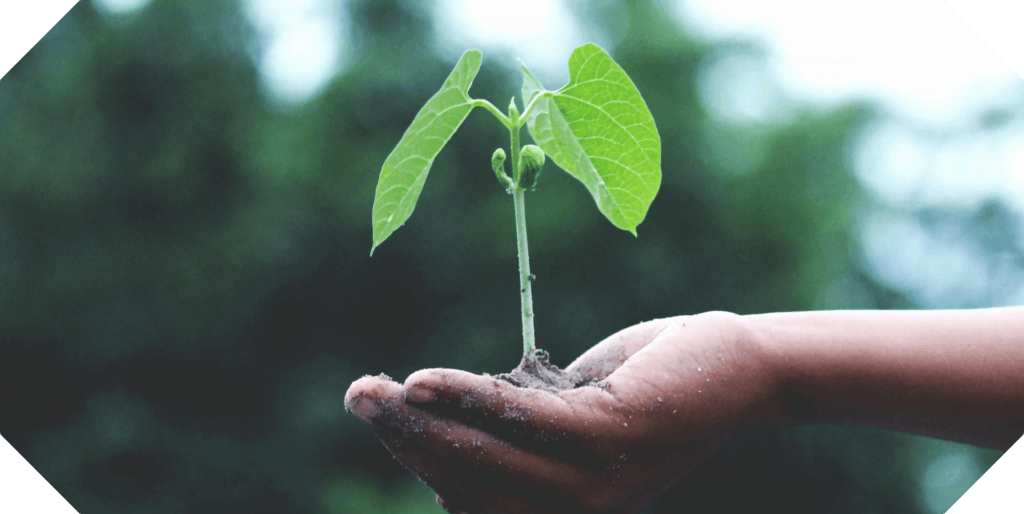What is the Money Grid?
The Money Grid is a financial stewardship guide that offers a biblical approach to managing money and possessions. It encourages believers to view their financial decisions as opportunities to serve God’s greater purpose, applying Jesus’ teachings on wealth, generosity, and integrity. The Money Grid helps individuals align their financial practices with their faith, ensuring that resources are used to benefit future generations and advance God’s Kingdom by following four key principles.
Ownership vs Stewardship
In today’s society, it’s common to hear, “I worked hard for my money, so it’s mine.” We pour time, effort, and skill into generating wealth and acquiring possessions. The natural conclusion is that we are the owners, free to enjoy and manage what we’ve earned. But the Bible teaches a radically different perspective: we are not owners; we are stewards.
Ownership and stewardship are fundamentally different in how they define a person’s relationship to resources, possessions, or the environment.
Ownership implies full control and authority over something, where the owner has legal rights to use, manage, and dispose of it as they see fit. It’s often tied to the idea of personal gain, entitlement, and possession, giving individuals or entities the freedom to make decisions about their property without external obligations.
Stewardship, on the other hand, is the responsibility to manage resources on behalf of someone else, recognizing that those resources ultimately belong to a higher authority—in Christian theology, this is God. A steward is entrusted to care for and use resources wisely, with the goal of benefiting others and aligning actions with the owner’s desires. Stewardship emphasizes accountability, care, and long-term sustainability, rather than control or ownership.
What Does it Mean to Be a Steward?
Stewardship recognizes that everything we possess, be it our resources, time, and even the earth itself, has been entrusted to us by God. We are not the ultimate owners; God is. Instead, we are caretakers tasked with managing these resources responsibly and in a way that reflects His will.
The Bible consistently calls us to this responsibility through various passages. For example, the parable of the talents (Matthew 25:14-30) illustrates the importance of using what God has entrusted to us wisely. It’s not enough to simply safeguard these resources; we must nurture and grow them so they can benefit others, including future generations.
True stewardship means managing resources with integrity and faithfulness, knowing they are gifts from God. We are called to honor God by ensuring that these blessings are used not only for our own benefit but also for the well-being of others and future generations. By doing so, we reflect God’s love and fulfill our responsibility as stewards of His creation. Consider these verses:
Psalms 24:1-3 says:
1 The earth is the Lord’s, and everything in it,
the world, and all who live in it;
2 for he founded it on the seas
and established it on the waters.
3 Who may ascend the mountain of the Lord?
Who may stand in his holy place?
Both riches and honor come from you, and you rule over all. In your hand are power and might, and in your hand it is to make great and to give strength to all. 1 Chronicles 29:12
God is not only the Creator but the owner of everything, including our wealth. Even our own bodies belong to Him:
19 Or do you not know that your body is a temple of the Holy Spirit within you, whom you have from God? You are not your own, 20 for you were bought with a price. So glorify God in your body.
John Wesley once said “When the Possessor of heaven and earth brought you into being, and placed you in this world, he placed you here not as a proprietor, but a steward.”

Reframing Our Relationship with Money
This concept changes everything! We didn’t create ourselves, God did, with all our talents, gifts and abilities. We didn’t choose when or where we would be born, the family we would be born into or which nation we would belong. We play a role, certainly, but no one is truly self-made. God has given you the ability to apply your mind and body to work hard, build, and maintain your life. We are, in fact, God-made.
So, how should this affect our view of money and possessions? If God is the owner, then everything we have is on loan to us. As stewards, our task is to manage His resources faithfully. The way we do that best is by asking Him.
A New Approach to Financial Decisions
This is the second part of The Money Grid: The realization that our wealth is not ours to control, but rather God’s to guide and manage. Imagine holding all your financial resources before the Lord and asking, “Jesus, how would you like me to manage the money in my account, my salary, my business, and my possessions? They are actually yours. How can I steward them well?”
This approach will revolutionize the way we handle our finances. It’s a privilege to manage God’s resources, and by seeking His direction, we can be good stewards who honor Him with our wealth.
It’s all His. Everything we have is a gift entrusted to us for His glory.




